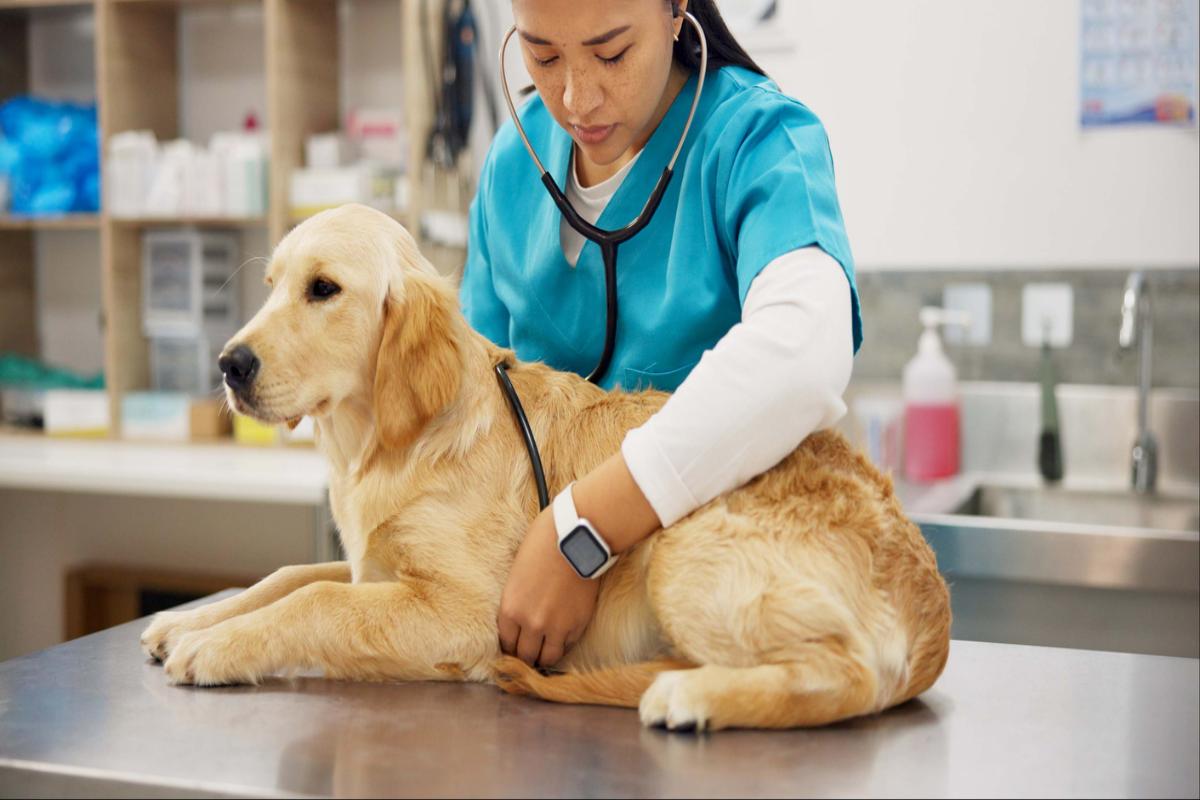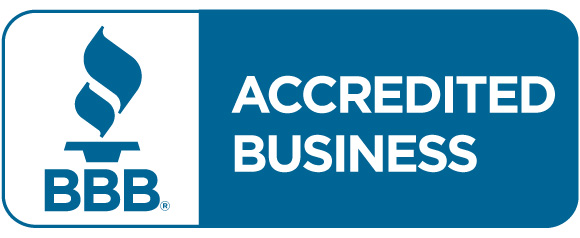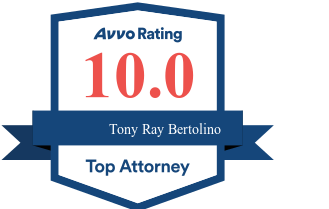
- What is the Texas Board of Veterinary Medical Examiners (TBVME)?
- What are some grounds for disciplinary action against veterinarians?
- How does the TBVME handle complaints about veterinarians?
- What are the possible outcomes of a TBVME investigation?
- What is an informal conference?
- What is an agreed order?
- Do I get a hearing in a TBVME disciplinary proceeding?
- What kind of sanctions can I face in a TBVME disciplinary proceeding?
What is the Texas Board of Veterinary Medical Examiners (TBVME)?
The TVBME is a state agency committed to protecting the public from substandard veterinary and equine dental care. The agency holds veterinarians and other professionals to the highest ethical standards and accountability. As a result, the TBVME also receives, processes, and investigates complaints about veterinarians. TBVME pursues disciplinary actions arising from complaints when merited.
What are some grounds for disciplinary action against veterinarians?
A veterinarian can face disciplinary action for violating any rules or laws governing their profession. Some common grounds for disciplinary action may include:
- Being chronically or habitually intoxicated, chemically dependent, or addicted to drugs;
- Engaging in dishonest or illegal practices related to the practice of veterinary medicine;
- Being convicted of a felony criminal offense;
- Performing or prescribing unnecessary or unauthorized treatment;
- Ordering prescription drugs or controlled substances without first establishing a veterinarian-client-patient relationship;
- Practicing veterinary medicine without a license;
- Engaging in practices or conduct that violates rules of professional conduct;
- Paying or receiving a kickback, rebate, bonus, or other remuneration for treating an animal or for referring a client to another provider of veterinary services or goods;
- Refusing to cooperate with TBVME’s requests or inspections;
- Failing to maintain sanitary equipment and business; and
- Committing gross malpractice or a pattern of acts that indicate consistent malpractice, negligence, or incompetence in the practice of veterinary medicine;
Veterinarians also may face discipline for failing to make child support payments, defaulting on student loans, and failing to meet continuing education requirements.
How does the TBVME handle complaints about veterinarians?
The TBVME reviews all complaints about veterinarians. Each phase of the complaint process should last no more than 30 days, and the TBVME prioritizes complaints involving more serious allegations.
The TBVME may delegate the review of complaints requiring medical expertise to a board staff committee, which must include a licensed veterinarian. However, the TBVME must refer the complaint for informal proceedings in some cases, such as if the committee finds that the complaint should not be dismissed or settled by agreement, the committee cannot reach an agreed settlement, or the licensee has requested informal proceedings.
When TBVME has received a complaint, the agency notifies the veterinarian that a complaint has been filed. A veterinarian generally has 21 days from receiving the complaint to respond to requests for information or other related matters. The TBVME also assigns an investigator to the complaint, who gathers all necessary evidence and information.
What are the possible outcomes of a TBVME investigation?
If the investigation results in no finding of violation, based on the evidence collected, the TBVME will take no further action and advise the complainant that the matter is closed. However, if the TBVME investigation reveals that a violation of the Texas Veterinary Act or the rules of professional conduct governing veterinarians has occurred, disciplinary action may follow.
What is an informal conference?
Click to contact our professional license defense lawyers today
An informal conference may occur when the TBVME has completed its investigation and found evidence that a violation by a licensee has occurred. The veterinarian may appear before a TBVME panel, including at least two licensed veterinarians, if medical expertise is relevant to the complaint. Otherwise, the panel may consist of TBVME staff.
At the informal conference, a veterinarian can present their case and provide evidence proving no violation occurred. The panel then meets confidentially to decide the case. The case outcome at this stage can be a dismissal, an agreed order, or further disciplinary action.
What is an agreed order?
Complete a Case Evaluation form now
An agreed order is a settlement offer that the TBVME may make to the licensee if they have found evidence of a violation. In most cases, the licensee and the TBVME settle in an agreed order through negotiations. An agreed order then goes to TBVME for final approval. The TBVME can approve, reject, or amend the agreed order.
Do I get a hearing in a TBVME disciplinary proceeding?
You have a hearing in a TBVME disciplinary case if you cannot reach an agreed order with the agency, fail to respond to a proposed agreed order, or the TBVME rejects your agreed order. Under these circumstances, TVBME staff will request a contested hearing at the State Office of Administrative Hearings (SOAH).
An administrative law judge (ALJ) will be appointed to handle the hearing, including discovery and pretrial motions. The ALJ will hear evidence and testimony from witnesses like a court trial.
The ALJ will issue a proposal for decision (PFD) following the hearing. A PFD contains findings of fact and conclusions of law based on the evidence presented at the hearing. The TBVME will then accept or reject the PFD.
What kind of sanctions can I face in a TBVME disciplinary proceeding?
Sanctions for veterinarians in disciplinary cases before the TBVME can include:
- A reprimand;
- An administrative penalty;
- License suspension;
- Probated license suspension; or
- License revocation.
Other stipulations in a disciplinary order may include ordering veterinarians to participate in a peer assistance program if TBVME finds them impaired. Another potential sanction may be to require the veterinarian to complete additional continuing education hours in certain areas.
We Are Here to Represent Your Interests Before the Texas Board of Veterinary Medical Examiners
We know how much is at stake if you face a disciplinary complaint against your veterinarian license. Meet with us to discuss your case and learn how we can help. You’ll meet with one of our experienced veterinarian license defense attorneys to discuss the details of the allegations filed against you. If you have received a licensing complaint accusing you of misconduct or a rules violation, BERTOLINO LLP can help. Contact us today or call (512) 980-3751 and schedule a case evaluation.
Call or text (512) 476-5757 or complete a Case Evaluation form















